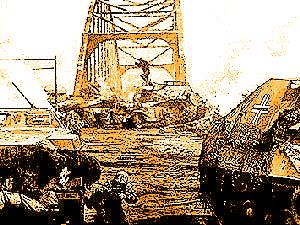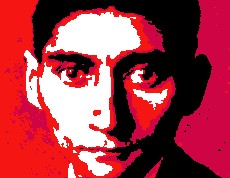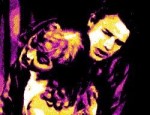Film Review

Richard Attenborough shows considerable directorial flair with this, his third feature as a director, following his earlier war-time romp Oh! What a Lovely War (1969) and arresting biopic Young Winston (1972). As well as being one of Britain's great screen actors - most famous for playing the racketeer Pinkie Brown in the Boulting brothers' Brighton Rock (1947), he also received acclaim as a director, notably for Gandhi (1982).
Although most of the big name actors appear on the screen for barely more than a few minutes, most of them deliver convincing performances that have an immediate impact. A few stand out - James Caan as the sergeant determined to save the life of his young captain, Sean Connery as the major general who is the first to realise the enormity of the military failure, Liv Ullmann as a Dutch woman forced to decorate her front living room with dying soldiers, and so on. William Goldman's well-crafted screenplay avoids the familiar wartime caricatures and brings a touch of humanity to offset the grisly horrors of war.
The film has plenty of big scale action scenes to thrill and startle but what are just as effective, and far more poignant, are the passages of quite reflection where we can take stock and appreciate the consequences, in human suffering, of the flawed military escapade. Despite its long run time and sprawling narrative, A Bridge Too Far manages to be both a compelling anti-war drama and an insightful account of a doomed wartime exploit.
© James Travers 2009
The above content is owned by frenchfilms.org and must not be copied.
Film Synopsis
September, 1944. D-Day has come and gone but the allied advance has slowed to a crawl owing to over-extended supply lines. Field Marshal Montgomery and General Paton are both confident that they can win the war with one more decisive push. U.S. President Eisenhower backs Montgomery's plan - codenamed Operation Market Garden - to land 35,000 paratroops behind enemy lines to secure half a dozen bridges in Holland. This will allow the allied troops to sweep into Germany's industrial heartland and bring about a hasty end to the war in Europe. Unfortunately, the one thing the military commanders have overlooked is the strength of German forces in the region of the Dutch town Arnhem. This oversight is enough to scupper the entire operation and cost the lives of thousands of men...© James Travers
The above content is owned by frenchfilms.org and must not be copied.
Similar Films
Here are some other films you may enjoy watching:- Le Miracle des loups (1924)
- Gallipoli (1981)
- Tora! Tora! Tora! (1970)
- The Longest Day (1962)
- Das Boot (1981)
Other related links:
Film Credits
- Director: Richard Attenborough
- Script: Cornelius Ryan (book), William Goldman
- Cinematographer: Geoffrey Unsworth
- Music: John Addison
- Cast: Siem Vroom (Underground Leader), Marlies van Alcmaer (Underground Leader's Wife), Erik van 't Wout (Underground Leader's Son), Wolfgang Preiss (Field Marshal Von Rundstedt), Hans von Borsody (General Blumentritt), Josephine Peeper (Cafe Waitress), Dirk Bogarde (Lieutenant General Browning), Paul Maxwell (Major General Maxwell Taylor), Sean Connery (Major General Urquhart), Ryan O'Neal (Brigadier General Gavin), Gene Hackman (Major General Sosabowski), Walter Kohut (Field Marshal Model), Peter Faber (Captain 'Harry' Bestebreurtje), Hartmut Becker (German Sentry), Frank Grimes (Major Fuller), Jeremy Kemp (R.A.F. Briefing Officer), Donald Pickering (Lieutenant Colonel Mackenzie), Donald Douglas (Brigadier Lathbury), Peter Settelen (Lieutenant Cole), Stephen Moore (Major Steele)
- Country: USA / UK
- Language: English / German / Dutch / Polish / Latin
- Support: Black and White
- Runtime: 175 min
Kafka's tortuous trial of love

The best of American cinema

The best French war films ever made
